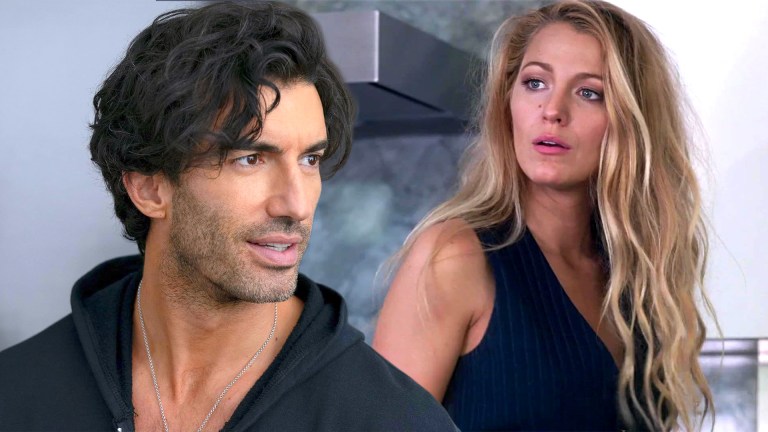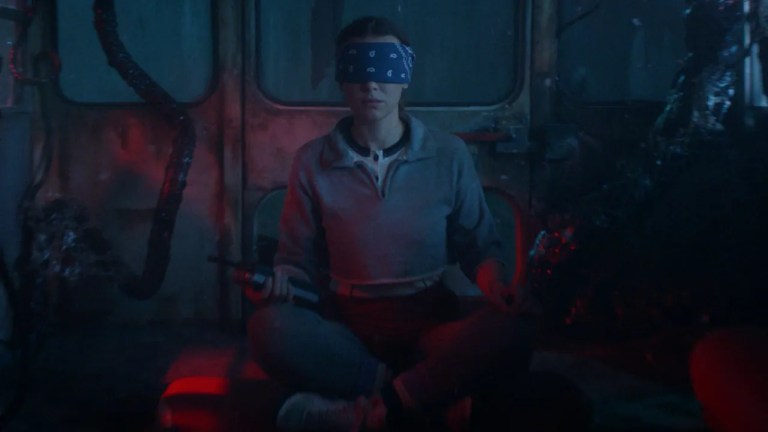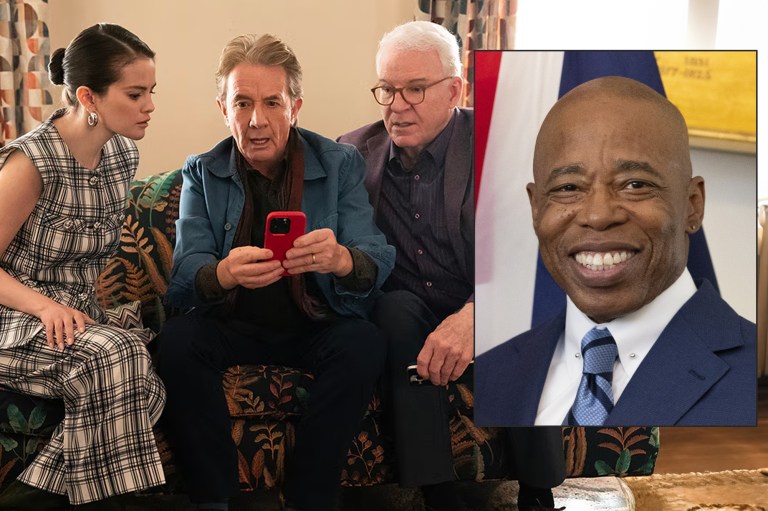
The 5 Primary Reasons ‘And Just Like That’ Continues To Disappoint
By ![]() Josh Lezmi
Josh Lezmi
Season 2 of And Just Like That might have brought back some of the sexiness inherent to its predecessor, but it’s still striking out. Here’s why.
And Just Like That pales in comparison to its predecessor on several fronts. While Sex and the City spewed conversation-igniting one-liners and offered up sexually liberating perspectives, And Just Like That spews social justice warrior dialogue with zero authenticity and offers up little-to-no sex at all. The series does not feel like an extension of the hit ‘90s/ early 2000s show, but rather a messy subversion of it — each episode only further chipping away at the iconic series that was better left to rest. Yes, Sex and the City had its faults, and aspects of the show have not aged well, but in trying to undo the show’s missteps, And Just Like That has undone it triumphs in tandem.
And Just Like That boasts several faults worth condemning. Let’s highlight the ones so irreversibly irredeemable that those involved would need to recalibrate their entire approach to ensure a worthwhile season 3.
Mild spoiler warning for ‘And Just Like That’
Carrie’s narration no longer serves a purpose
In Sex and the City, Carrie’s narration was a constant — a logical extension of her character’s column-writing profession. Her voice-overs become a confidante to the audience — weighing in with witty evaluations and personal reflections. She would explain the context behind a facial expression or a sexual rendevous on the screen. In Sex and the City, Carrie’s narration weaves together story arcs, connecting the dots between episodes and events. It is not merely a highlighter tracing over the already-written developments. Her words provide social commentary on the fashion and dating scene in New York City, often exploring gender dynamics and the influence of the patriarchy in the office (and in the bedroom).
In And Just Like That, the narration is almost entirely gone. What remains: a little blurb at the end of each episode that provides nothing of substance. She merely recaps what the entire episode has already made evident. It’s not contemplative. It’s no longer an extension of the show, but a mere lackluster remnant of what once was. It’s as if the writers didn’t want to remove this ingredient altogether — aware of the intimate relationship the audience had developed with Carrie’s head voice — but in incorporating it with such little concern for its original purpose, its presence is more insulting than its absence would have been.
One word: Miranda
Miranda coming into her sexuality should have been a glorious plotline for the character. However, rather than allowing her developing queer identity to shine as an aspect of her overall persona, it came in to supplant the Miranda developed over a decade. Miranda was never doe-eyed. Miranda was never and would have never become a puppy dog following around a new crush as if put under a spell. We find it hard to imagine Miranda falling into this teenage love trope as a teenager — let alone as an adult woman.
Miranda always had her priorities in order in Sex and the City. She was a corporate woman balancing her life as a lawyer with her life as a wife and mother. And, she always did it with such fierceness and determination. Miranda’s character is almost unrecognizable in And Just Like That. What happened to her personality? What happened to her ambition? Her sociopolitical awareness and ahead-of-the-curve status? Her resiliency? Her independence? And Just Like That didn’t only lose Samantha, it lost Miranda in this poorly-executed sea change.
https://twitter.com/AndJustLikeThat/status/1682028341979910144
Note: Che almost got their own entry, but several of Che’s faults are intimately connected to or a result of Miranda’s plotline. However, we can bash their character (from an individual perspective) in two words: selfish and unfunny. They’re a comedian who garners no laughs, and they are totally self-serving and self-involved — often dismissing Miranda’s problems when every single facet of their life does not go to plan.
Not enough spunk
As mentioned above, Sex and the City made some poor jokes and juggled some ignorant narratives throughout its run, but it wasn’t afraid to push boundaries. The show started conversations — even when it was in the wrong. It had spunk. It had moxie. It had balls. Its fearless foray into sex and relationships from a female perspective was an underexplored area in the late ‘90s, and it treaded through those waters with reckless abandon. The show reflected the ‘90s zeitgeist — and the cultural attitudes that defined the time. If the dialogue was realistic and believable. It was said.
And Just Like That seems too afraid to push buttons. The show could never cross the line for, unlike its predecessor, it’s not even walking on it. It’s too PC. It’s so DEI-mission- oriented that the diversity itself feels like no more than a favor-gaining ploy. The authenticity is amiss. Spunk has been replaced with sweetness. Temerity with tact. Boldness with banality. Cosmos and controversy with sauvignon blanc and safety. You get the idea.
Samantha is gone, and Seema is not the new Samatha
Samantha was Sex and the City’s sex-positive guru way ahead of her time. Samantha empowered women to embrace their sexuality without shame — try every position, use every toy, try every type of guy. Without Samantha, the “sex” in Sex and the City would have been tragically reduced. She’s confident and unattached to traditional notions of love and marriage. Her unfiltered honesty and quippy one-liners also made for some of the show’s funniest exchanges. Without Samantha, the show loses a great deal of its risque flair.
https://twitter.com/AndJustLikeThat/status/1679590025741082624
And Just Like That, with zero subtlety, is pitching Seema as the new Samantha. She’s undaunted in conversations about sex and unafraid to go cruising for hot men where only the rich can afford the bill. She’s brass and bold. She’s wealthy, sexy, and confident. However, the writers — in trying to use her as an outlet to achieve Samantha’s purpose — have written an unfinished caricature. She is two-dimensional; whereas Samanth’s loyalty, caretaking nature, and vivacious spirit made her a fully-developed human. Seema needs to become something bigger, something more than this discount store Samantha to gain favor and relatability.
The show is no longer a trendsetter, but a trend follower
Sex and the City set new standards for storytelling on television. Its female-centric sexuality-themed narratives were cutting-edge and original. It was an empowering series that unabashedly delved into the nitty-gritty of love, sex, and relationships — unafraid to relay all the grime and gook that goes with it. Not to mention, the show’s fashion choices and four very different primary characters became one with pop culture. Carrie’s fascination with Manolo Blahniks turned the shoe brand into a household name. And who hasn’t had the “Which SATC character are you?” conversations with a group of besties? It was bohemian-chic in both style and storytelling. Everyone wanted to wear what they were wearing, go where they were going, and talk about what they were talking about.
On the other hand, And Just Like That, while continuing SATC’s fashion-forward focus, is no longer leading the charge. It’s no longer starting the conversation. Rather, it seems to have hopped onto the reboot bandwagon on a mission to undo its missteps and profit off the original’s namesake without contributing anything noteworthy to the cultural landscape.











